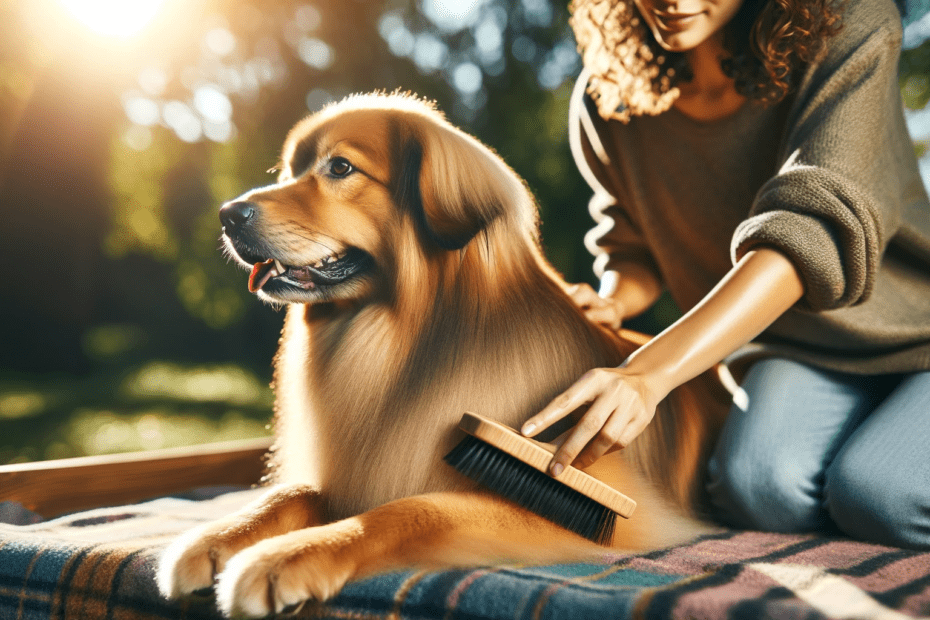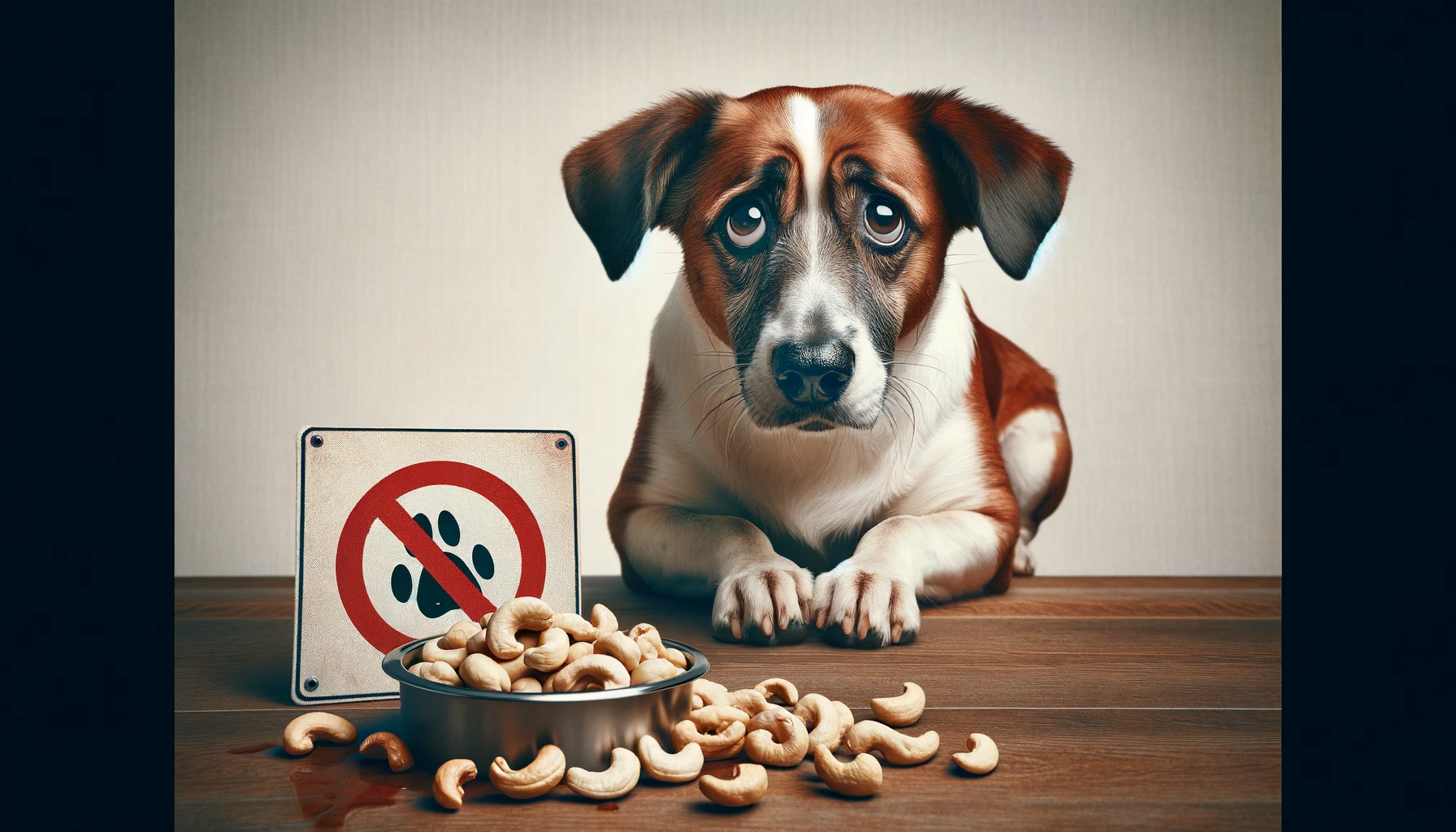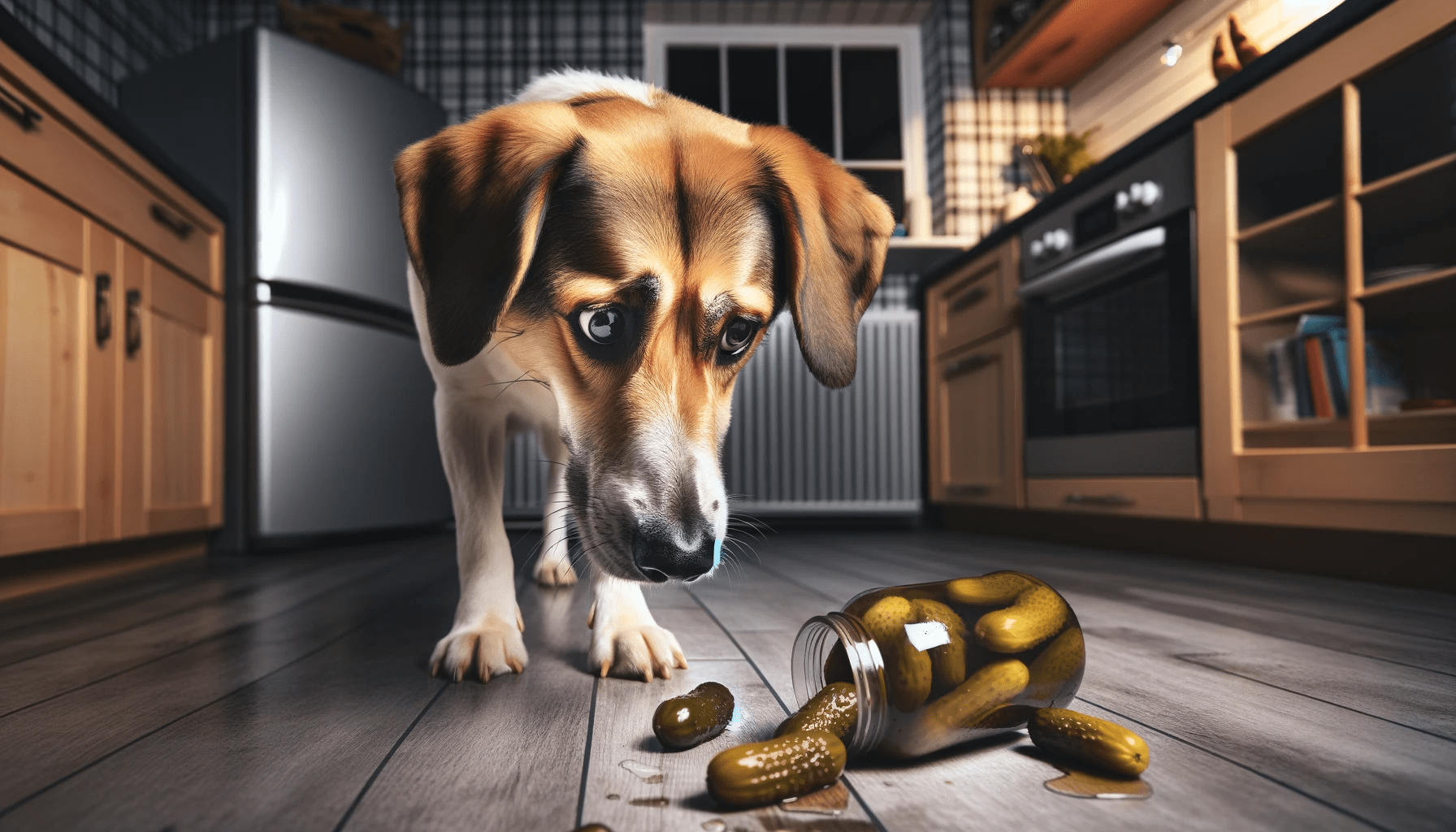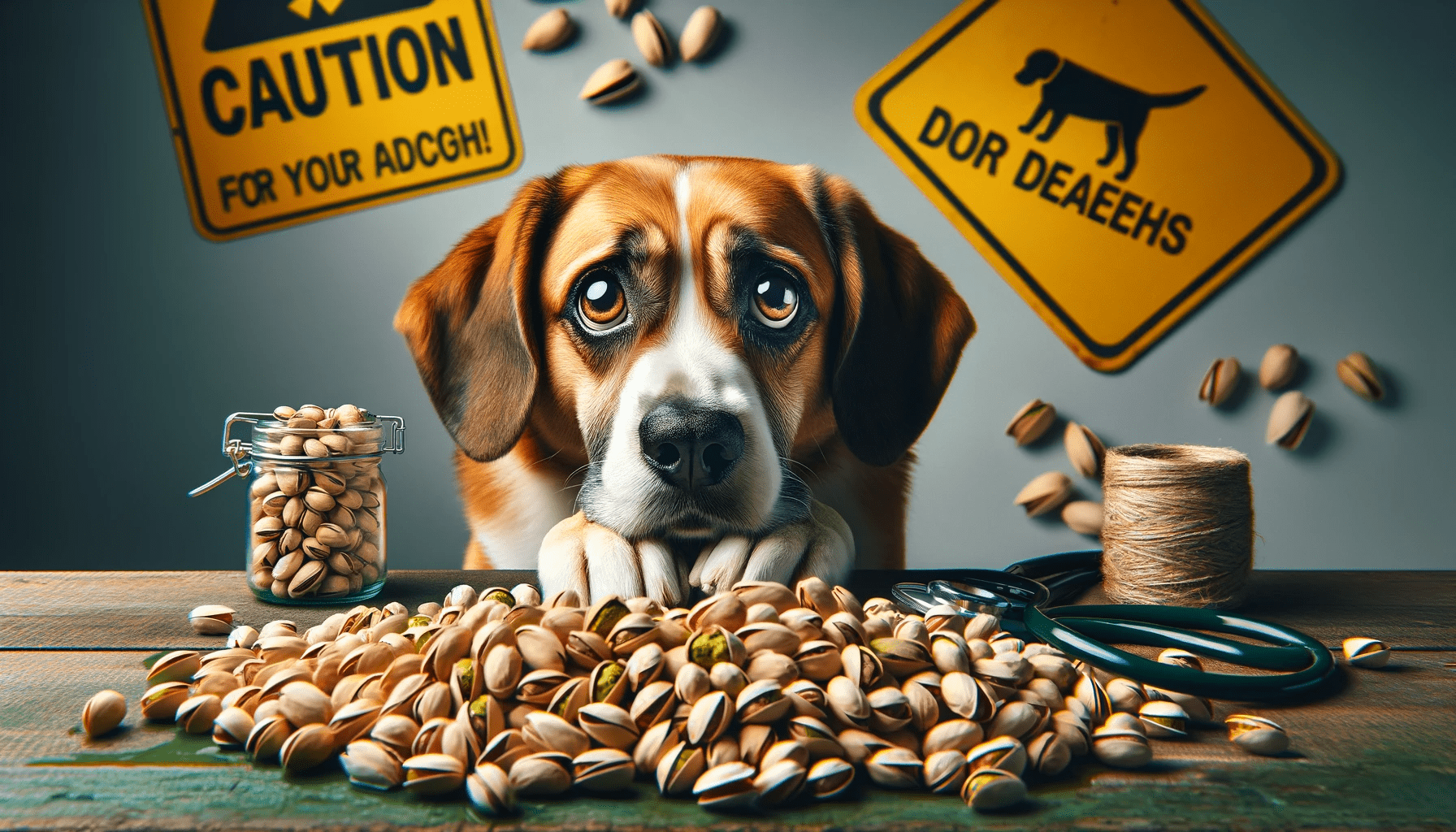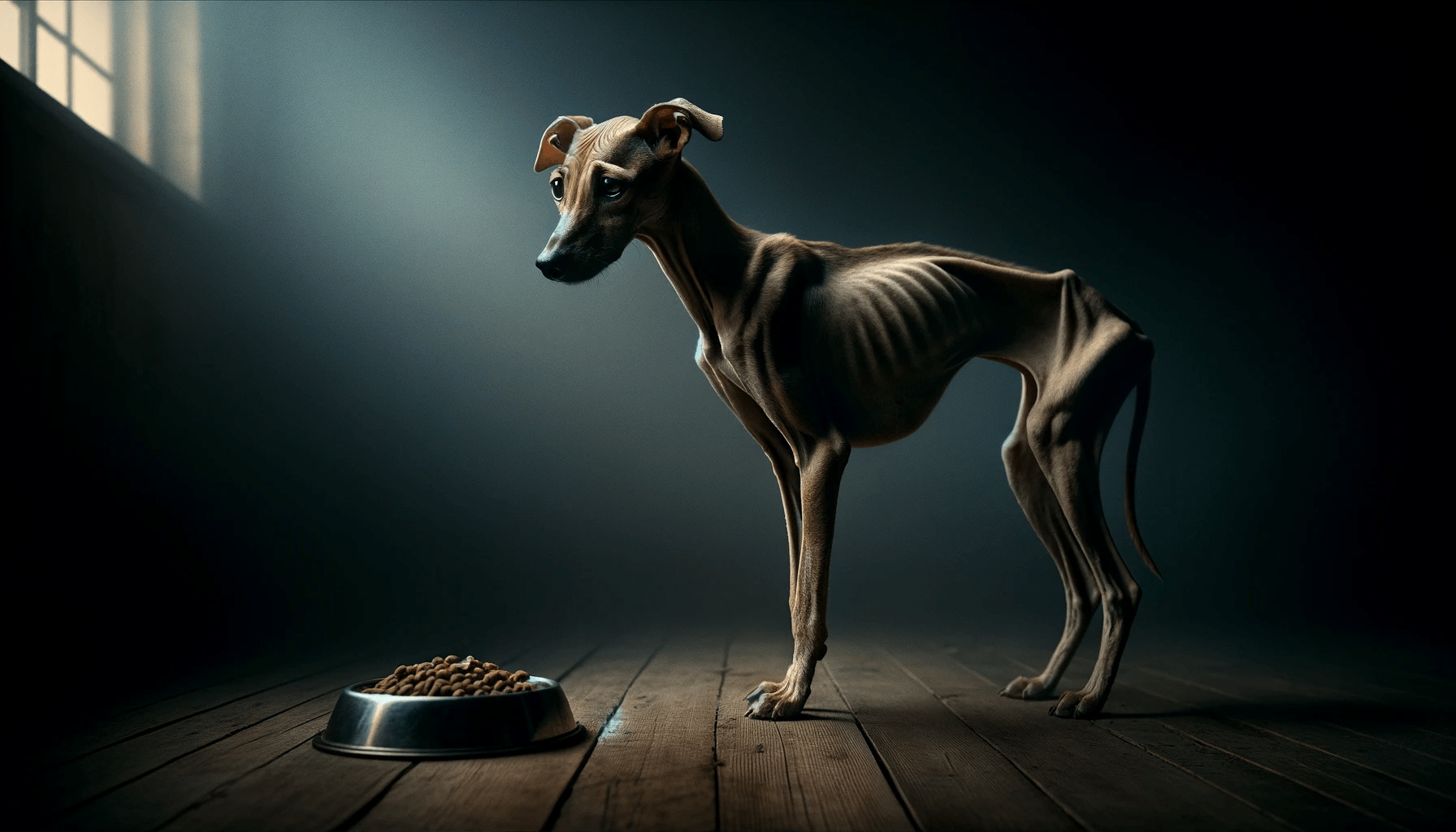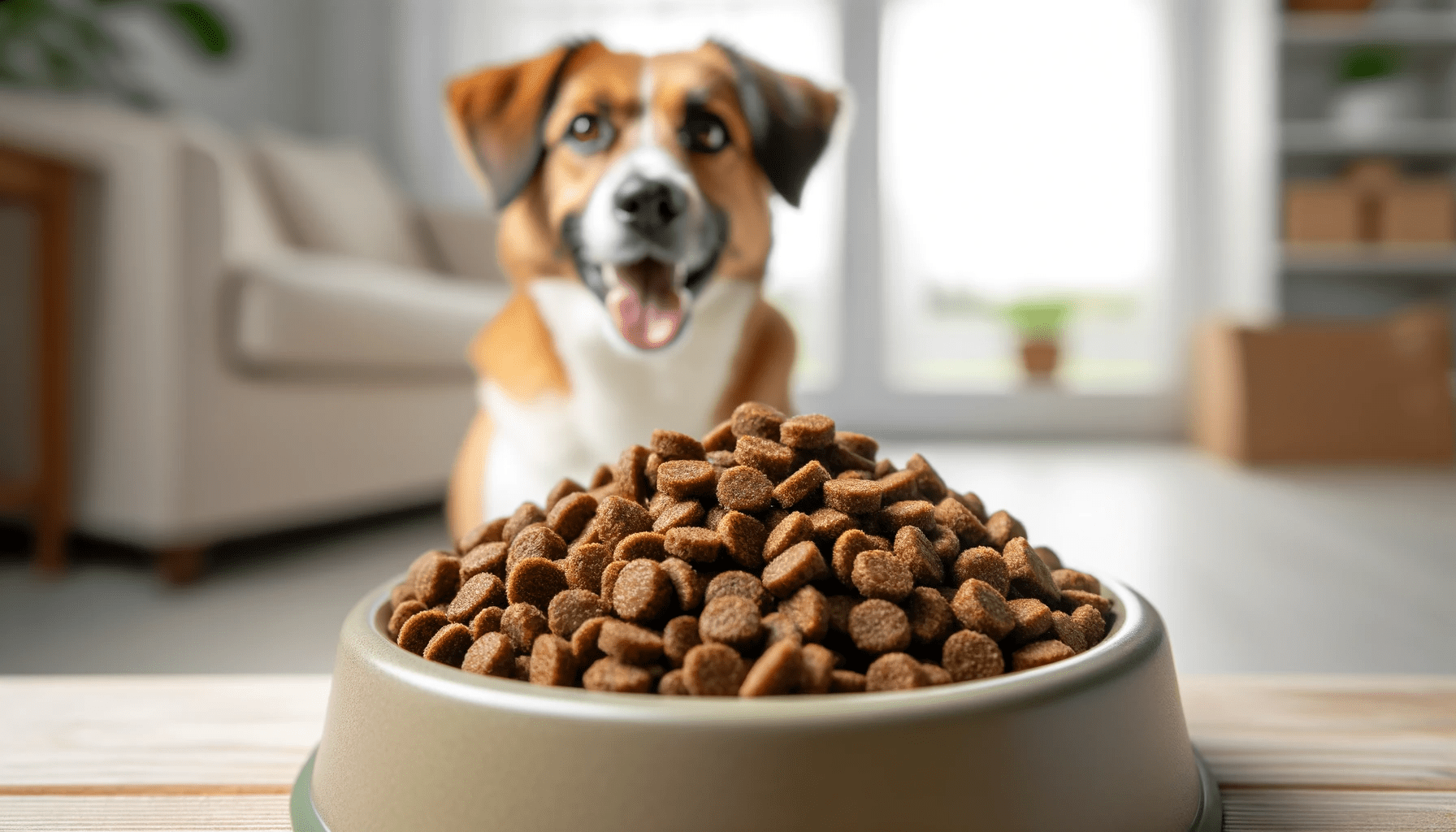You want your furry friend to have a healthy, shiny coat and glowing skin. Lucky for you, we've got the expert tips you need to achieve just that.
With a balanced diet, essential nutrients, and regular grooming, you can ensure your dog's coat and skin stay in top condition.
Don't forget the importance of hydration and protection against sun damage.
Plus, regular check-ups with your veterinarian will keep your pup looking and feeling their best.
Key Takeaways
- A balanced diet with essential nutrients, high-quality protein sources, and omega-3 fatty acids promotes skin health and a shiny coat.
- Adequate hydration through regular water intake and moisture-rich foods is important for maintaining skin moisture and preventing dryness.
- Preventing allergens and irritants, both environmental and food-related, can help prevent skin problems and digestive issues.
- Regular grooming, including brushing, bathing, and conditioning, stimulates blood circulation, distributes natural oils, and prevents dryness and itchiness.
Importance of a Balanced Diet
To maintain a healthy dog coat and skin, it's crucial that you feed your furry friend a well-balanced diet. A balanced diet plays a significant role in promoting skin health in dogs. Just like humans, dogs require essential nutrients to keep their skin in optimal condition. A diet lacking in these nutrients can lead to various skin problems, including dryness, itchiness, and even infections.
A well-balanced diet for your dog should consist of high-quality protein sources, such as lean meats or fish, which provide the necessary amino acids for healthy skin and coat. Additionally, including omega-3 fatty acids in your dog's diet can help improve skin health by reducing inflammation and promoting a shiny coat. You can find omega-3 fatty acids in fish oil or flaxseed oil supplements.
Furthermore, it's essential to include a variety of fruits and vegetables in your dog's diet. These provide essential vitamins and antioxidants that support overall skin health. Additionally, they help maintain the proper functioning of the immune system, which can prevent skin infections.
Essential Nutrients for Coat Health
Boost your dog's coat health by providing essential nutrients in their diet. A balanced nutrition plays a crucial role in maintaining a healthy and shiny coat. Here are two sub-lists of essential nutrients that won't only improve your dog's coat health but also promote skin hydration:
- Omega-3 Fatty Acids:
- These essential fatty acids are known for their anti-inflammatory properties, which can help reduce itching and skin irritations, leading to a healthier coat.
- Omega-3 fatty acids also contribute to the production of natural oils in the skin, improving skin hydration and preventing dryness and flakiness.
- Biotin:
- Biotin, also known as vitamin H, is a vital nutrient for coat health. It promotes the growth of healthy hair and strengthens the structure of the coat, reducing the risk of hair loss.
- Biotin also plays a role in maintaining the integrity of the skin, helping to prevent dryness and ensuring proper hydration.
Protein: The Building Block of Healthy Coat
Incorporate protein into your dog's diet to ensure a healthy and strong coat. Protein is a crucial component for maintaining your dog's coat health, as it's the building block for strong, shiny, and lustrous fur. A balanced nutrition and a healthy diet that includes high-quality protein sources can contribute to the overall condition of your dog's coat.
Protein plays a vital role in promoting hair growth and repair. It contains amino acids that are essential for the synthesis of keratin, the protein that makes up the majority of your dog's hair. Without an adequate amount of protein in their diet, dogs may experience hair loss, dullness, and brittle hair.
To provide your dog with a healthy coat, opt for protein-rich foods such as lean meats (like chicken, turkey, and beef), fish, eggs, and dairy products. These sources not only provide protein but also essential vitamins and minerals that support the overall health of your dog's skin and coat.
It's important to note that the quality of the protein matters as well. Look for high-quality sources that are easily digestible and contain a complete amino acid profile. Consulting with your veterinarian can help you determine the appropriate amount and type of protein to incorporate into your dog's diet, based on their specific needs and any underlying health conditions.
Omega-3 Fatty Acids for Skin Health
Including omega-3 fatty acids in your dog's diet can significantly improve their skin health. Omega-3 fatty acids are essential for maintaining healthy skin and a glossy coat.
Here are some key reasons why omega-3 fatty acid supplementation is beneficial for your dog's skin:
- Reduces inflammation: Omega-3 fatty acids have anti-inflammatory properties that can help alleviate skin conditions such as itching, redness, and dryness. By reducing inflammation, omega-3s promote healthier skin and reduce the risk of infections.
- Enhances skin barrier function: Omega-3 fatty acids help strengthen the skin's barrier, which is important for protecting against environmental irritants and allergens. A strong skin barrier prevents moisture loss and maintains hydration, leading to softer and more supple skin.
When it comes to natural sources of omega-3 fatty acids, fish oil is one of the most popular options. It's rich in eicosapentaenoic acid (EPA) and docosahexaenoic acid (DHA), both of which provide numerous benefits for your dog's skin. Other sources include flaxseed oil and chia seeds, which are suitable for dogs with fish allergies.
Incorporating omega-3 fatty acids into your dog's diet can help improve their skin health and overall well-being. Consult with your veterinarian to determine the appropriate dosage and source of omega-3 fatty acids for your furry friend. Remember, a healthy coat starts from within!
Hydration for a Lustrous Coat
To maintain a lustrous coat, proper hydration is essential for your dog. Water not only keeps your dog's skin moisturized, but it also promotes overall health and well-being.
Adequate hydration helps to flush out toxins, supports proper digestion, and ensures that essential nutrients are delivered to the skin and coat, resulting in a shiny and healthy appearance.
Water for Shiny Coat
You can enhance your dog's coat and achieve a lustrous shine by ensuring they're adequately hydrated. Hydration benefits go beyond just quenching thirst. Proper water intake plays a vital role in maintaining a healthy skin and coat for your furry friend. Here's why:
- Increased moisture levels:
- Ample water intake helps to keep your dog's skin hydrated from within, preventing dryness and flakiness.
- Hydration also promotes a supple and glossy coat, making it less prone to breakage and dullness.
- Improved nutrient absorption:
- Water aids in the digestion and absorption of essential nutrients, which are crucial for maintaining a vibrant coat.
- Without adequate hydration, your dog may struggle to absorb nutrients like fatty acids, vitamins, and minerals, leading to lackluster fur.
Moisturizing Benefits of Hydration
For a lustrous coat that radiates good health, prioritize adequate hydration in your dog's daily routine.
Hydration is essential for maintaining healthy skin and a shiny coat in dogs. Just like humans, dogs need proper hydration to keep their skin moisturized and their coat looking vibrant.
There are several moisturizing techniques and natural remedies that can help enhance your dog's hydration levels and promote a healthy coat. One effective method is to provide fresh, clean water at all times and encourage your dog to drink regularly.
Additionally, incorporating moisture-rich foods into their diet, such as fruits and vegetables, can also contribute to a well-hydrated coat.
Furthermore, regular bathing using mild, moisturizing shampoos and conditioners can help lock in moisture and improve coat health.
Vitamins and Minerals for Coat and Skin
Maintaining a healthy dog coat and skin involves providing essential vitamins and minerals. Vitamin deficiencies can lead to various skin problems in dogs, such as dryness, flakiness, and dullness.
To ensure your furry friend has a lustrous coat and healthy skin, consider incorporating the following nutritional supplements into their diet:
- Omega-3 Fatty Acids: These essential fatty acids are known for their anti-inflammatory properties and can help improve the overall health and appearance of your dog's skin and coat. They also promote a shiny, soft, and itch-free coat.
- Vitamin E: This powerful antioxidant helps protect the skin from damage caused by free radicals. It also aids in maintaining the skin's moisture balance, reducing dryness and irritation.
By providing your dog with these essential vitamins and minerals, you can help prevent vitamin deficiencies and support a healthy coat and skin. Not only will your furry friend look great, but they'll also feel great.
Imagine the joy and satisfaction of seeing your dog's coat become glossy and vibrant, and their skin becoming soft and supple. With the right nutritional supplements, you can enhance your dog's natural beauty and ensure they remain healthy and happy for years to come.
Avoiding Allergens and Irritants
To maintain a healthy dog coat and skin, it's important to avoid common allergens and irritants. Common allergens to avoid include pollen, dust mites, and certain foods.
Additionally, it's essential to steer clear of skin irritants such as harsh chemicals and fragrances.
Common Allergens to Avoid
Avoiding common allergens and irritants is essential for maintaining a healthy dog coat and skin. By identifying and avoiding these allergens, you can help prevent allergies and keep your furry friend comfortable. Here are some common allergens to watch out for:
- Environmental allergens: Pollen, dust mites, and mold can trigger allergies in dogs, causing itching and inflammation.
- Food allergens: Ingredients such as wheat, soy, and dairy can lead to allergic reactions in some dogs, resulting in skin problems and digestive issues.
Avoiding these allergens can be challenging, but it's crucial for your dog's well-being. Regularly clean your dog's living area, wash bedding in hot water, and vacuum regularly to remove environmental allergens.
When it comes to food, consult with your veterinarian to find the right hypoallergenic diet for your dog. Taking these steps will help prevent allergies and ensure a healthy coat and skin for your furry companion.
Skin Irritants to Avoid
Keep your dog's coat and skin healthy by steering clear of skin irritants. Avoiding chemical irritants is crucial to preventing skin irritations in your furry friend. Many commercial dog shampoos and grooming products contain harsh chemicals that can strip away the natural oils from your dog's skin, leading to dryness and irritation.
Look for products that are specifically formulated for dogs with sensitive skin or opt for natural remedies for skin irritations. Natural ingredients like oatmeal and aloe vera can soothe and moisturize your dog's skin, providing relief from itching and redness.
Additionally, be cautious of certain plants, such as poison ivy or oak, as they can cause allergic reactions in dogs. By being mindful of these irritants and choosing gentle, natural alternatives, you can help maintain a healthy and comfortable coat and skin for your beloved pet.
Allergy Prevention Techniques
Protect your dog from allergies and irritants by being mindful of potential triggers and taking preventative measures. Here are some tips to help you avoid environmental allergens and provide natural remedies for allergies:
- Keep your dog's living environment clean and dust-free to minimize exposure to allergens such as pollen, mold, and dust mites. Regularly vacuum, wash bedding, and clean air filters.
- Be cautious with outdoor activities during peak allergy seasons. Avoid areas with high levels of pollen, like fields and parks, and consider using dog-friendly allergy masks or protective clothing.
- Use hypoallergenic grooming products and shampoos specifically formulated for dogs with sensitive skin. Avoid products with harsh chemicals or fragrances that can further irritate your dog's skin.
- Incorporate natural remedies such as adding omega-3 fatty acids to your dog's diet, which can help reduce inflammation and improve skin health. Consult with your veterinarian for appropriate dosage and options.
- Consider using natural remedies like oatmeal and aloe vera to soothe itchiness and inflammation. These gentle ingredients can provide relief without causing further irritation.
Supplements for Coat and Skin Health
To maintain a healthy dog coat and skin, you can enhance their overall well-being by incorporating appropriate supplements into their diet. There are several supplement brands available that offer products specifically designed to promote coat and skin health in dogs. These supplements are formulated with a combination of essential nutrients, vitamins, and minerals that are known to support a shiny coat and healthy skin.
When choosing a supplement for your dog, it's important to look for natural remedies that are free from artificial additives and fillers. Some popular natural ingredients that are often found in these supplements include omega-3 fatty acids, biotin, and antioxidants. Omega-3 fatty acids, such as those derived from fish oil, are known to have a positive effect on skin health, as they help reduce inflammation and improve overall skin barrier function. Biotin, a B-vitamin, is essential for maintaining the health of your dog's coat, as it supports the production of keratin, which is the main protein component of hair. Antioxidants, such as vitamin E and vitamin C, help protect the skin from damage caused by free radicals.
Incorporating these supplements into your dog's diet can help promote a healthy coat and skin. However, it's always best to consult with your veterinarian before introducing any new supplements to your dog's diet. They can provide guidance on the appropriate dosage and help you choose the best supplement for your furry friend. Remember, a healthy dog coat and skin not only looks good but also indicates overall well-being.
Benefits of Regular Grooming
Regular grooming of your dog has numerous benefits for their coat and skin health. Firstly, it helps to keep their fur shiny and smooth, giving them a healthy and attractive appearance.
Additionally, regular grooming can help to reduce shedding and dandruff, keeping your home cleaner and your dog more comfortable.
Lastly, grooming helps to prevent skin irritations by removing dirt, debris, and mats that can lead to skin problems.
Shiny and Smooth
Keep your dog's coat shiny and smooth by regularly grooming them. Regular grooming not only keeps your dog's coat looking beautiful but also has numerous benefits for their overall health and well-being.
Here are some reasons why maintaining smoothness and shine in your dog's coat is important:
- Improved appearance: A shiny and smooth coat is a sign of good health. It enhances your dog's appearance and makes them look more attractive and well-cared for.
- Enhanced comfort: Regular grooming helps to remove dirt, debris, and loose hair from your dog's coat, preventing tangles and mats. This promotes better air circulation and prevents discomfort or irritation caused by a dirty or unkempt coat.
To achieve smoothness and shine, consider using natural remedies for coat health, such as regular brushing to distribute natural oils and improve blood circulation to the skin. Additionally, ensuring a healthy diet with essential fatty acids will contribute to a glossy and lustrous coat.
Reduces Shedding and Dandruff
Maintaining a shiny and smooth coat not only improves your dog's appearance but also reduces shedding and dandruff through regular grooming. Regular grooming helps to remove loose hair and dead skin cells from your dog's coat, reducing the amount of hair that's shed around your home.
By brushing your dog's coat regularly, you can also stimulate the production of natural oils, which keeps the skin moisturized and prevents dryness. Dry skin can lead to dandruff, causing discomfort and itchiness for your dog.
Additionally, regular grooming allows you to inspect your dog's skin for any signs of irritation, ticks, or fleas. By addressing these issues promptly, you can prevent further skin problems and maintain a healthy, shiny coat for your furry friend.
Prevents Skin Irritations
To prevent skin irritations, regularly grooming your dog is essential. Grooming not only keeps your dog's coat looking beautiful, but it also plays a vital role in maintaining their skin's health. Here are some reasons why regular grooming prevents skin irritations and promotes overall well-being:
- Preventing Dryness
- Regular brushing helps distribute the natural oils in your dog's skin, preventing dryness and itchiness.
- Proper bathing and conditioning moisturize the skin, keeping it hydrated and supple.
- Promoting Hair Growth
- Regular grooming stimulates blood circulation, which promotes hair growth and ensures a healthy coat.
- Trimming your dog's hair regularly removes dead and damaged hair, allowing new hair to grow.
Protecting Against Sun Damage
You can protect your dog's coat and skin from sun damage by following these expert tips.
Just like humans, dogs can also suffer from harmful UV rays. One way to safeguard your furry friend is by using sunscreen specifically formulated for dogs. These sunscreens are designed to provide protection against the damaging effects of the sun. Look for a sunscreen that has a high SPF and is safe for dogs to ingest, as they're likely to lick it off.
Apply the sunscreen liberally to areas that are exposed to the sun, such as the nose, ears, and belly.
Additionally, consider providing shade for your dog when spending time outdoors. This can be achieved by using umbrellas, tree shades, or even creating a shaded area with a tarp or canopy.
Remember to avoid the peak sun hours, typically between 10 am and 4 pm, when the sun's rays are the strongest.
Regular Veterinary Check-ups for Coat and Skin
Schedule regular veterinary check-ups to ensure the health of your dog's coat and skin. Regular visits to the veterinarian are crucial for maintaining your dog's overall well-being. When it comes to the health of their coat and skin, these check-ups can help identify any underlying issues or potential problems early on.
Here are some important reasons why regular check-ups are essential:
- Importance of flea prevention:
Fleas can cause severe itching and discomfort for your furry friend, leading to skin irritations and infections. Regular check-ups allow your vet to assess your dog's flea prevention program and recommend any necessary adjustments or treatments to keep those pesky parasites at bay. By staying proactive, you can help prevent flea infestations and keep your dog's coat healthy and itch-free.
- Tips for preventing dry skin:
Dry skin can be a common issue for dogs, especially during certain seasons or in drier climates. Regular check-ups provide an opportunity for your veterinarian to evaluate your dog's skin and provide guidance on preventing dryness. They may recommend dietary changes, supplements, or specialized shampoos that can help keep your dog's skin moisturized and healthy.
Frequently Asked Questions
How Often Should I Bathe My Dog to Maintain a Healthy Coat?
To maintain a healthy coat, bathe your dog every 4-6 weeks. Use a shampoo specifically designed for your dog's coat type. Follow up with conditioner for extra shine. Brush regularly to remove loose fur and promote a lustrous coat.
Are There Any Specific Breeds That Are More Prone to Skin Allergies?
Certain dog breeds are more prone to skin allergies. The most common dog allergies include flea allergy dermatitis, food allergies, and environmental allergies. Managing skin allergies in dogs involves identifying the allergen and providing appropriate treatment.
Can I Use Human Shampoo on My Dog's Coat?
You shouldn't use human shampoo on your dog's coat. It can cause skin issues like dryness and irritation. Stick to shampoos specifically made for dogs to keep their coat and skin healthy.
What Are Some Natural Remedies for Dry Skin on Dogs?
To naturally remedy dry skin on your dog, you can try using coconut oil or giving them oatmeal baths. Prevent dry skin by ensuring they have proper nutrition and regular grooming.
How Can I Prevent My Dog's Coat From Becoming Dull and Brittle?
To prevent your dog's coat from becoming dull and brittle, it's important to focus on preventing dryness. This can be achieved by ensuring your dog has a balanced diet, as nutrition plays a crucial role in maintaining a healthy skin and coat.
Conclusion
Taking care of your dog's coat and skin is essential for their overall health and well-being. By providing a balanced diet, including essential nutrients like protein and omega-3 fatty acids, ensuring proper hydration, using supplements, regularly grooming, and protecting against sun damage, you can maintain a healthy and lustrous coat.
Regular veterinary check-ups are also important to address any potential issues and keep your dog's coat and skin in optimal condition.
Remember, a healthy coat equals a happy and thriving dog.
